Market Share
Vitamin B Market Share Analysis
The Vitamin B market is a dynamic sector within the broader dietary supplement and wellness industry. Companies operating in this space employ various market share positioning strategies to navigate the competitive landscape and cater to the health-conscious consumer base. One primary strategy is product differentiation through formulation innovation. With multiple forms of Vitamin B, such as B1, B2, B6, and B12, companies focus on developing unique formulations that address specific health needs. For instance, formulations targeting energy enhancement, stress relief, or immune support provide consumers with a diverse range of options, helping companies capture a broad market share.
Pricing strategies play a crucial role in shaping the market dynamics of Vitamin B supplements. Companies may adopt different pricing approaches, ranging from cost-effective options to premium formulations. This allows them to cater to a wide range of consumers with varying budget constraints and preferences. Effective pricing strategies not only attract price-sensitive consumers but also position companies strategically within different market segments, contributing to an enhanced market share. Distribution channels are key to the success of companies in the Vitamin B market. Optimizing distribution networks ensures that products are readily available to consumers through various channels, including pharmacies, health food stores, online platforms, and supermarkets. Companies often forge partnerships with retailers to expand their presence and increase accessibility. By maximizing distribution, companies can secure a larger market share and reach a diverse demographic of health-conscious consumers. Building a strong brand presence is essential in the Vitamin B market, given the plethora of options available to consumers. Effective branding involves conveying the quality, purity, and efficacy of the Vitamin B supplements. Companies invest in marketing strategies that emphasize the benefits of their products, such as supporting overall health, aiding in metabolism, and promoting cognitive function. A well-established brand not only contributes to an initial market share but also fosters customer loyalty, making it challenging for competitors to penetrate the market. Strategic collaborations and partnerships are becoming increasingly common in the Vitamin B market. Companies may collaborate with healthcare professionals, nutritionists, or fitness influencers to endorse their products. Such partnerships not only provide credibility to the brand but also expand the reach to new consumer segments. By aligning with reputable entities, companies can gain a competitive edge and enhance their market share in the health and wellness space. Sustainability considerations are gaining prominence in the Vitamin B market as consumers become more environmentally conscious. Companies are integrating eco-friendly practices into their market share positioning strategies. This may involve using sustainable packaging, sourcing Vitamin B from environmentally responsible suppliers, or implementing energy-efficient production processes. By adopting sustainable practices, companies not only appeal to environmentally conscious consumers but also contribute to the overall positive perception of their brand, influencing market share positively.


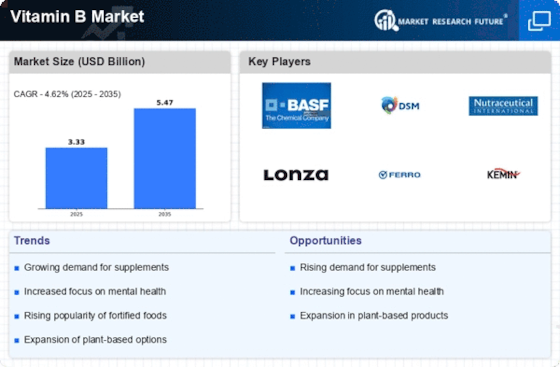

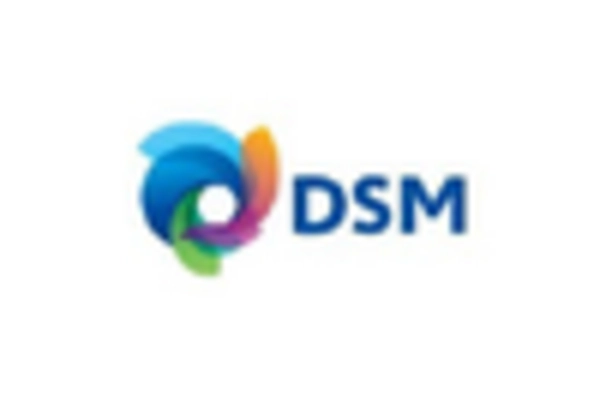
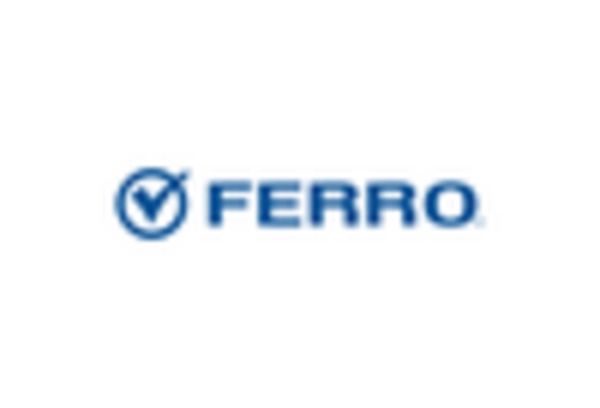
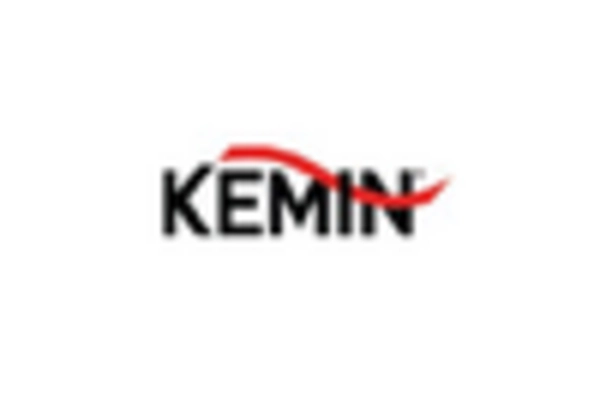
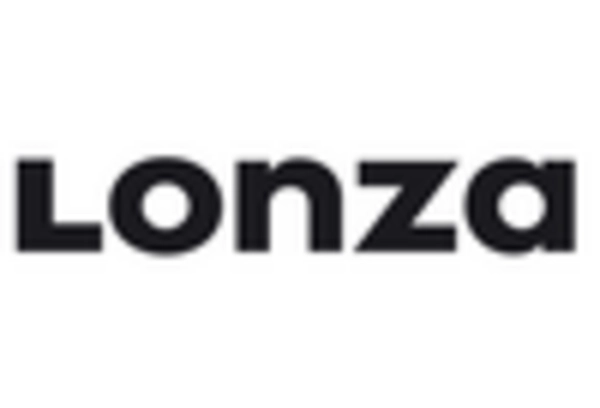
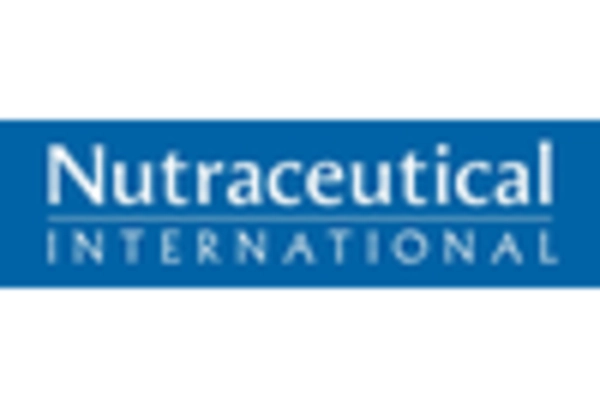









Leave a Comment